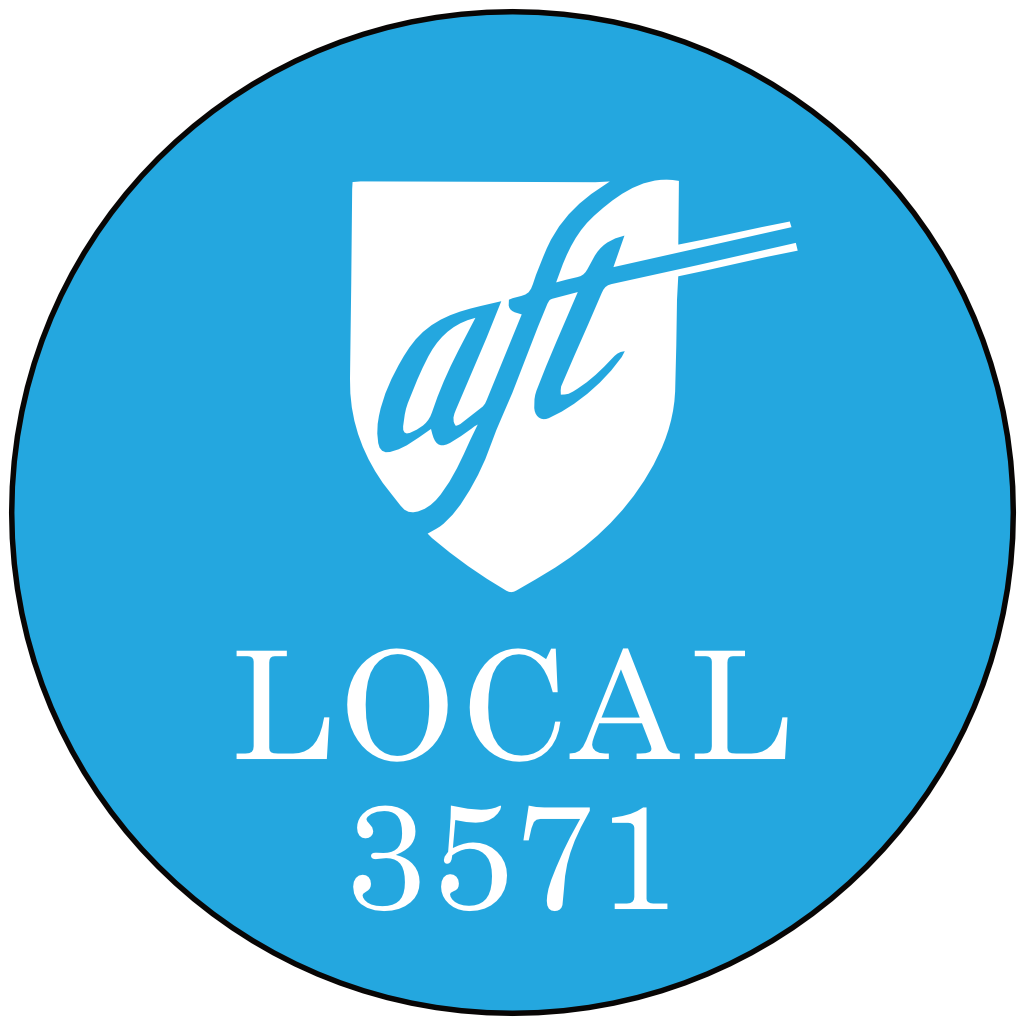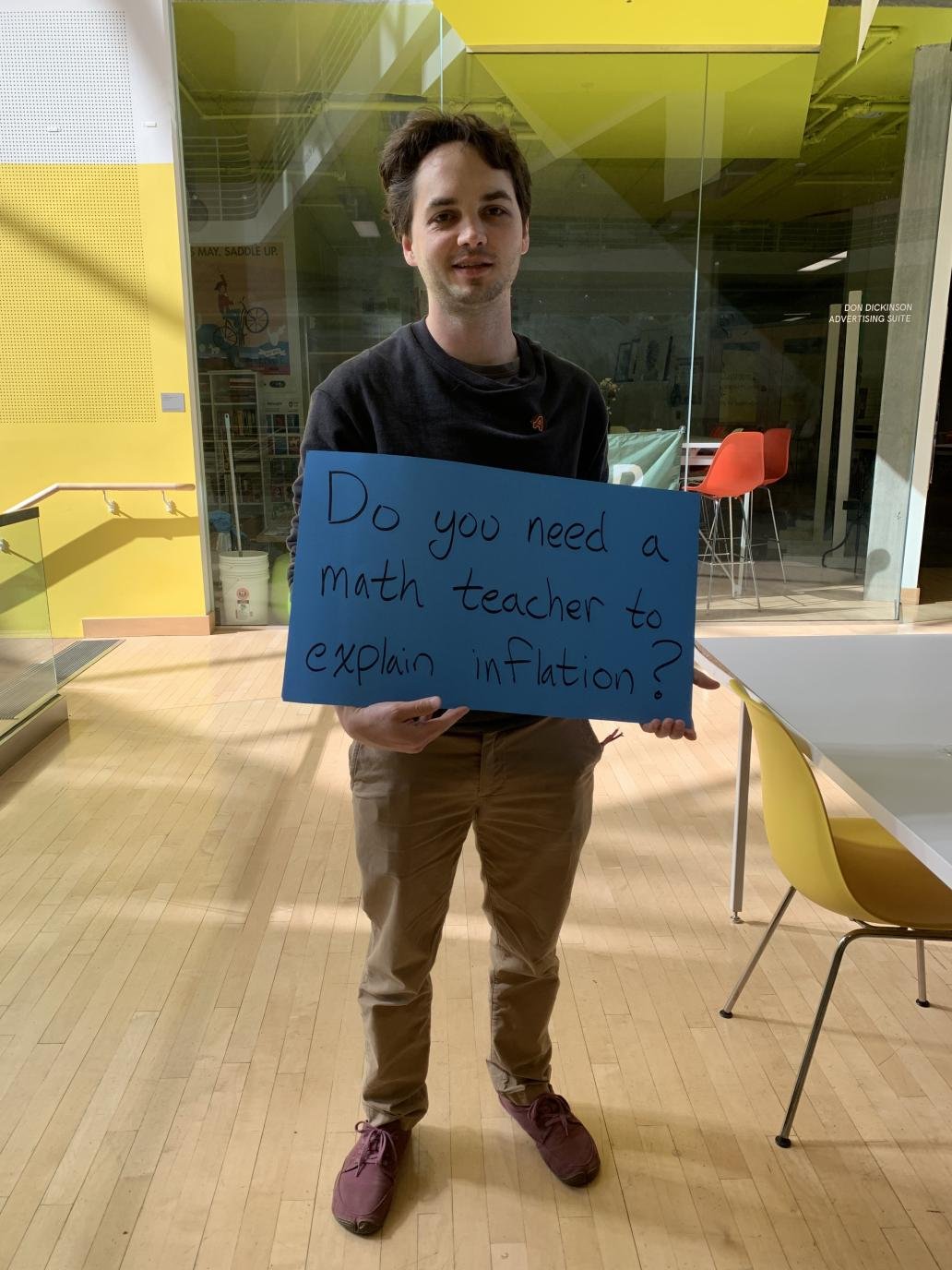Dear PSUFA,
This past Friday, the PSUFA bargaining team met with PSU administration to discuss a number of issues that lie at the core of adjunct faculty’s economic concerns:
the per-credit minimum
a cost of living adjustment (COLA)
length-of-service increases
adjunct inclusion funds (to attend department meetings, for instance)
benefits like health insurance and retirement.
Friday’s session began with PSU presenting a proposal on length-of-service increases for faculty. PSU stalled on talking about this issue, claiming that they didn’t have a “conceptual framework” to start this conversation. They also suggested that they believe it would be beneficial to wait until our next full-contract negotiations to deal with length-of-service increases. Adjuncts have been asking for length-of-service increases in bargaining sessions going back at least to 2017, and, every time, the PSU administration says it would be better to address the issue at the next round of negotiations. PSU is an outlier on this issue. PCC has length-of-service increases. As does Chemeketa. As does Walmart.
Thank you to all our observers who showed up on Friday!
A recurring theme throughout our discussions with the administration is the narrative that PSU’s enrollment and retention problems create a budgetary situation that makes it extremely difficult for them to allocate more money to adjuncts. There is, of course, the general question of why we are asked to care about PSU’s financial precarity when the administration has so little interest in our own. Let’s set that aside.
The key point is that failing to pay adjuncts wages that are competitive with other Portland-area schools will exacerbate PSU’s enrollment and retention problems, not fix them. Also relevant is that adjunct faculty, despite teaching around 40% of PSU’s classes, make up only 3% of PSU’s budget. The maximum amount of money an adjunct could make with the current per credit minimum is $22,400 a year. In contrast, top administrators (including some sitting across from us at the table) make upwards of $17,000 a month. PSU operates on the labor of adjunct faculty, many of whom are not paid a living wage. It is disconcerting to be told by PSU’s wealthy managerial class, ostensibly committed to “serving the city,” that our proposal for (say) a COLA that allows us to keep pace with inflation is economically infeasible. No, it is not just disconcerting—it is indefensible.
But no doubt the moral nadir of the discussion on Friday occurred when the conversation turned to benefits. PSUFA put forward a proposal for a 30% increase to our per credit minimum that would help us (if needed) to pay for health insurance and contribute to a retirement account, since PSU provides neither to adjuncts. It is worth noting that Starbucks mogul Howard Schulz (no Cesar Chavez) provides his part-time workers with health benefits. Could PSU at least begin to approximate the employment practices of Starbucks? Not so fast.
The PSU administration described our proposal for a pay increase to offset health and retirement benefits as “radical.” But it is of course not “radical” to ask of an employer that they offset the costs of health care and retirement—nor should it be controversial, at least if the administration is committed to a just compensation package for its adjunct faculty. At one point, the administration even suggested that we should not be discussing benefits, since our unit is composed of faculty who are at less than 0.50 FTE—hence, ineligible for benefits. This is a remarkable strategy in labor exploitation: define a group of workers so that they can’t access certain privileges, then suggest that those workers shouldn’t even bargain over access to those privileges, since those privileges are denied to members of their group, by definition. Henry Ford would blush.
While there were several different kinds of benefits we wanted to discuss, including support for caregivers and PSUFA’s benefits funds, primarily we asked to focus on the benefits our members tell us they need the most, which are health insurance and retirement funds. It was disorienting to have the administration respond by saying we do receive many benefits from PSU, like bike garages and discounts on hotels. The disconnect was profound. (Though perhaps the hotel discount could be useful for those of our members, recently laid off, who have written to us about their fears of eviction.) We think these “benefits” are better described as perks. Another “benefit” they mentioned was a service that helps people find childcare. However, the going rate for childcare in Portland through that service is about $0.50 less than what PSU pays as our hourly rate. This left us wondering if the administration suggested this as a possible source of employment for us, not as a benefit.
We are on the right side of this debate; it is not even close. The PSU administration is resistant to materially altering a two-tiered faculty structure that is exploitative and manifestly at odds with a bedrock principle: equal pay for equal work. But these negotiations are not just about who is right. We need your support to pressure the PSU administration to do what is right.
How will you help? Reach out and talk to us. We’ve heard from many of you already. Many of you showed up to the last bargaining session with your own signs in support of PSUFA. We thank you deeply. The commitment and encouragement from PSUFA membership has been awe inspiring. Here is information on our next sessions:
Thursday, June 29, 2:30-4:30pm, ZOOM ONLY
Friday, July 14, 10am-4pm, Karl Miller Center, room 318. 615 SW Harrison St, Portland, OR 97201.
Thursday, July 20, 2:30-4:30pm, ZOOM ONLY
In solidarity,
Brian McLoone, Brittney Connelly, Alison Lutz, Vasiliki Touhouliotis, Ariana Jacob






